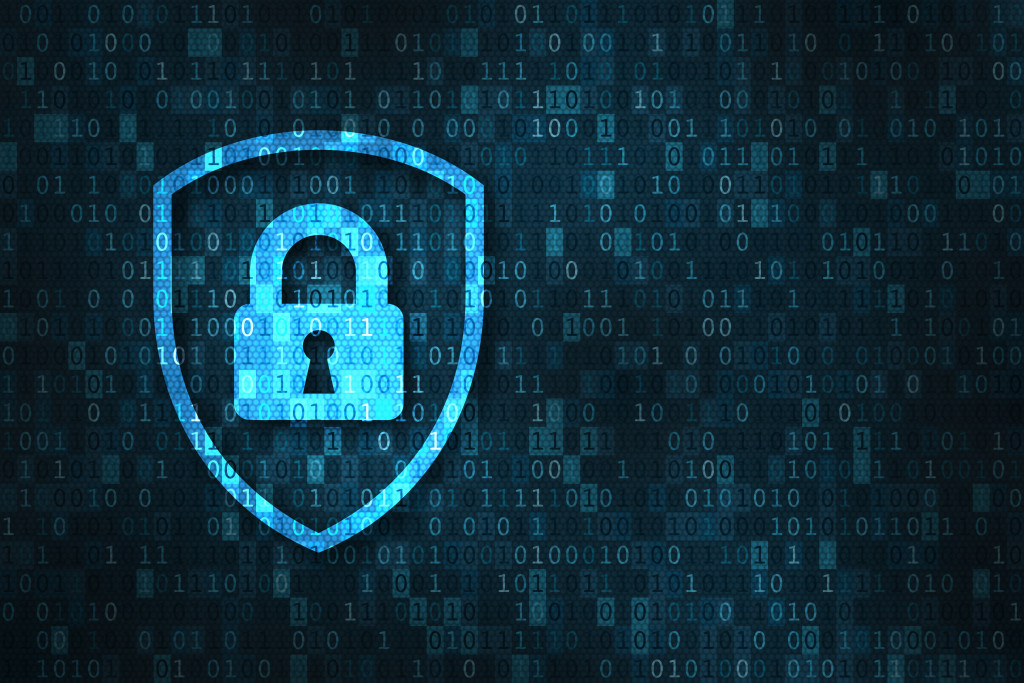Cybersecurity is a major concern for businesses as the number of cybersecurity breaches increases year over year. Cyberattacks can cause significant financial damage to companies of all sizes, but cybersecurity threats are not always easy to identify or understand.
It’s a good thing that modern business owners can pay IT agencies to take care of cybersecurity for them. This can be a cost-effective way to minimize the chances that your business will suffer from cybersecurity breaches and other threats. This way, modern business owners can rest assured that cybersecurity threats are managed properly for them.
Investing in Cybersecurity
Businesses are at risk for data breaches if they don’t have proper cybersecurity measures in place. A data breach can be incredibly costly for a business, both in terms of the money that is lost and the damage to the company’s reputation.
Therefore, business owners should invest in cybersecurity so that they can protect their businesses from cybersecurity threats. Doing so is a smart, cost-effective way to ensure that your company’s data will be protected and any cybersecurity breaches can be addressed as quickly as possible.
Below are examples of cybersecurity threats that modern business owners should watch out for:
-
Malware
Malware is a type of software that is designed to damage or disable computer systems and can include viruses, spyware, worms, and Trojans. Malware comes in many forms, including email attachments, web popups, and even advertisements containing links to malicious content.
Malicious websites are often used by cybercriminals as well. These websites may look like normal websites, but they are designed to steal your personal information or install malware on your computer. Be very careful about what websites you visit, and never click on any links that seem suspicious.
-
Phishing attacks
Phishing attacks are one of the most common types of cybersecurity threats. Phishing attacks involve sending fake emails to users to entice them to click on malicious links or download malware.
An example of a phishing attack is when an email with the subject line “Your Amazon Order” was sent out, but in reality, did not come from amazon at all. If users clicked on the link provided and entered their information into the website it directed them to, their personal information would have been stolen.

-
Ransomware
It’s malware that keeps users out of their computers or enciphers their files until a ransom is settled. An example of ransomware is when a user’s files are encrypted, and a message pops up saying that if they want to unlock their computer or get the decryption key, they have to pay money.
-
Man in the Middle attacks
Man-in-the-middle attacks are when hackers intercept data such as credit card numbers and then steal them and sell them on black markets. These attacks are often done through a technique called “spoofing,” where the hacker makes it look like they are the website that the user is trying to visit.
-
Trojans
Trojans are malware that disguises themselves as a legitimate program but instead, it does something malicious such as stealing your passwords or credit card information. Trojans are often spread through emails or infected websites.
-
Distributed Denial of Service (DDoS) Attack
DDoS attacks are when a hacker directs so much traffic to a website that it crashes. This type of attack can be very difficult to defend against because the attacker only needs to find one vulnerability to launch the attack.
With all these cybersecurity threats, it’s a good thing that there are plenty of ways for business owners to protect their businesses. Examples include the following:
-
Firewall
A firewall is a piece of software or hardware that helps protect your computer from unauthorized access. It does this by blocking incoming and outgoing traffic on certain ports. For example, you might have a firewall that blocks all traffic except for port 80 (which is used for web traffic). As a result, an attacker would not be able to access your computer through that port.
-
Antivirus software
Antivirus software is a program that helps protect your computer from viruses and other types of malware. It does this by scanning all incoming and outgoing traffic for signs of infection. If it detects an infected file, it will quarantine or delete the file. Therefore, having antivirus software installed on your computer is essential for protecting it from cybersecurity threats.
Fighting Against Cybercrime
Business owners these days should be very vigilant when it comes to cybersecurity threats. The reason for this is that cybercrime is on the rise, and it can be very costly for businesses to fall victim to a cybersecurity attack. Therefore, it pays for modern business owners to spend some time learning cybersecurity so that they know how to protect their businesses from cybersecurity threats.

